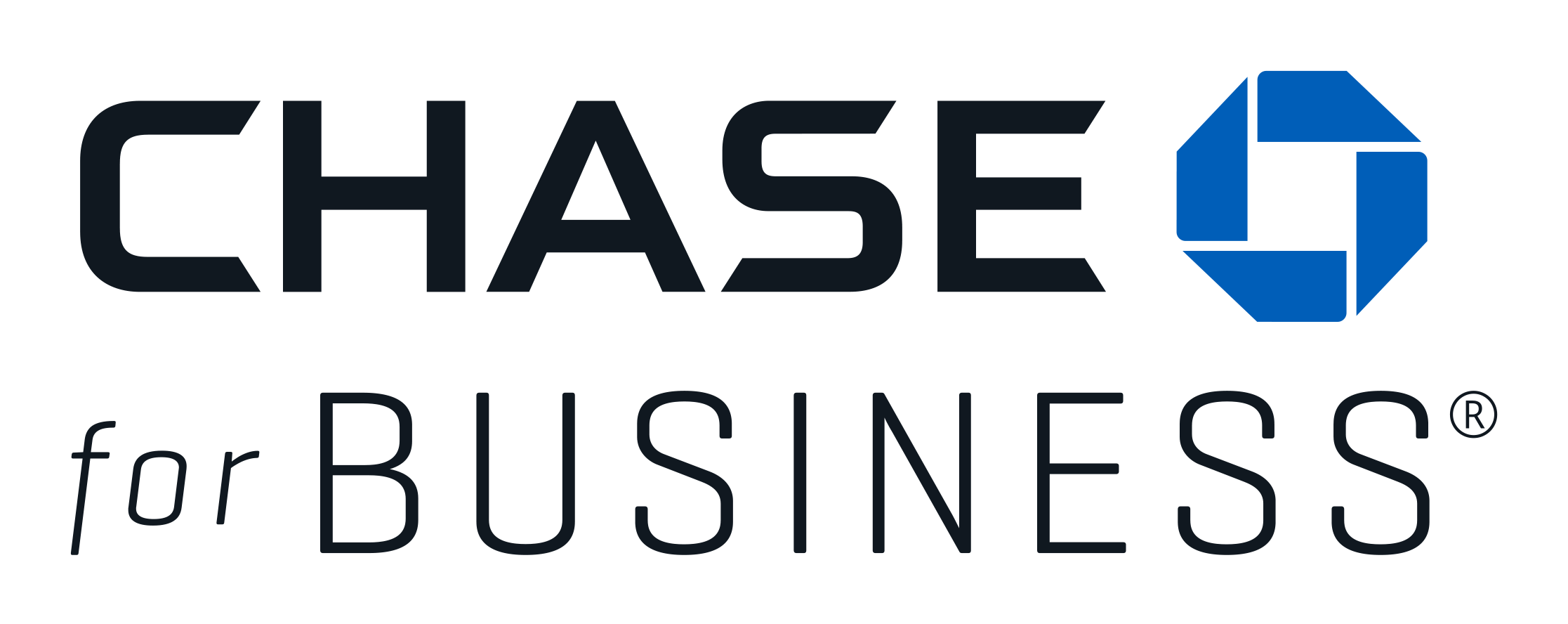Subscribe
"Unlock exclusive insights and elevate your financial wisdom with NetWorth.com — subscribe now to stay ahead in the wealth game!"

The top banks for small businesses in Georgia prioritize low fees and offer services tailored to help your business thrive. Are you ready to open an account but need help determining where to begin? This article outlines our top recommendations and provides the reasoning behind each selection.
>> Best Business Banking at Georgia Overall – Bluevine >>
When selecting our preferred banks for small businesses in Georgia, we considered a variety of factors. Primary among these were the fees and minimum balance requirements needed to maintain an account.
Additionally, we evaluated the interest rates offered and the availability of mobile banking options. Ease of account setup and user-friendliness were also crucial criteria in our decision-making process.







Georgia is home to many financial institutions, making the choice of the best bank for your small business a daunting task. Here’s the methodology we used to guide our selections:
>> Get Started With Bluevine >>
Banks play a crucial role in assisting small businesses with organizing funds and facilitating payments to other organizations. They also offer additional services such as loans and fraud protection.
Every small business has unique needs, but it’s prudent to save at least 10% of your profits each month. Building a reserve of three to six months’ worth of operating expenses can significantly enhance your ability to weather unforeseen challenges.
Having a separate business account for an LLC is crucial for maintaining a clear distinction between personal and business finances. Given that LLCs provide limited liability protection, maintaining this separation ensures that personal assets are safeguarded in the event of a lawsuit.
While the IRS does not mandate having a business bank account, it does require you to maintain distinct records for your business. Using a separate business bank account can greatly simplify this record-keeping process.
Selecting the ideal bank for your small business can be straightforward. Start by assessing your company’s financial resources. Choose accounts with balance requirements and fees that are manageable for your business.
Look for banks that offer additional benefits, such as competitive interest rates or specialized services tailored to your industry, to enhance your banking experience.